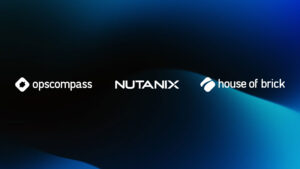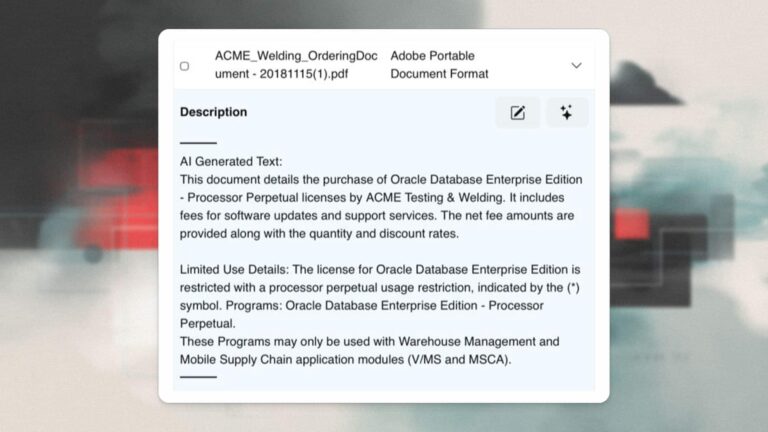Dave Welch, CTO and Chief Evangelist
Over the last six months I have participated in several in depth interviews and email exchanges with Rob Mitchell as he prepared an article for Computerworld to help readers better understand what is real with Oracle licensing on vSphere.
When contributing to articles on this topic, I am often misquoted. Authors have to maintain the appearance of objectivity by quoting multiple sources. What I actually said can get transformed by the time it lands on paper through prejudice since the authors rarely initiated themselves into Oracle licensing concepts under my guidance. Mix that with the fact that the concepts are difficult and the issues are clouded by Oracle’s licensing FUD. I constantly remind myself the benefit of such articles overwhelms the risk of being misquoted.
However in reading this article, I was very impressed with the caliber of Rob’s writing and his ability to assimilate, categorize, summarize and relay the details of an apparently complicated issue like Oracle licensing on vSphere. Computerworld’s prominence among the IT trade rags does not hurt either. I see Rob’s article as a landmark piece in helping organizations to better understand their actual contractual obligations and get motivated to act.
I led Rob through a lot that understandably was not even mentioned in the article. It is an article of course, not a book. The centerpiece of my contribution to his article was eliminating confusion around Oracle licensing in vSphere subclusters. Many organizations are afraid of Oracle when it comes to subcluster licensing, but it is a simple matter to guide them to the comprehensive contract language that exhausts the issue. HoB routinely guides clients’ procurement and legal teams through the checklist-based, efficient validation of their contractual privileges and obligations.
It did not surprise me that the Twitter sphere exploded with posts on the article, easily shadowing any piece I have been quoted in to-date. The Oracle field goes nuts every year leading up to Oracle’s May 31st fiscal year-end. It follows that more Oracle contracts are probably signed or renewed around that date than any other. The verbal negotiations between licensees and Oracle have to be pretty much concluded a month in advance to allow the contracting parties time to draft, approve, and process the paperwork.
So even though the article may be too late to impact most of those negotiations, it throws salt in open wounds. Before the article went up, I had told Rob to expect a lot of hits. But in my observation, most licensees are long-term thinkers. The article will most definitely have an eventual impact on licensing efficiency.
In my experience, most clients simply do not understand the power of their position. Remarkably, that frequently includes licensees of scale, whether private for-profit or public. Armed with accurate information, licensees can push back when Oracle asserts non-contractual claims, and efficiently and predictably put such issues behind them. Yes that means sleeping without concern that storms may appear.






